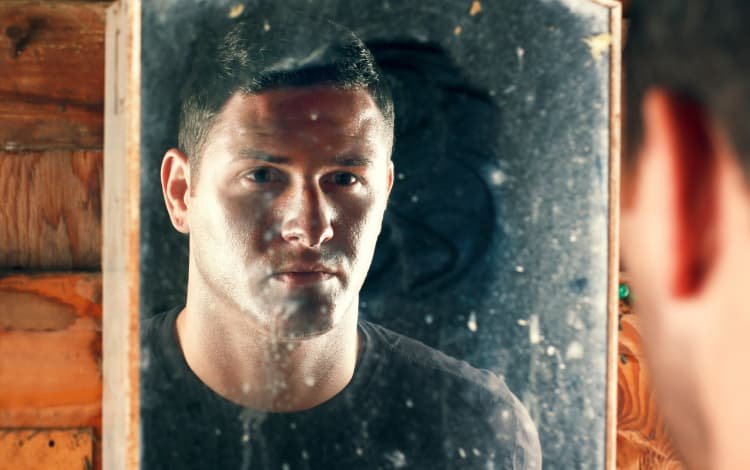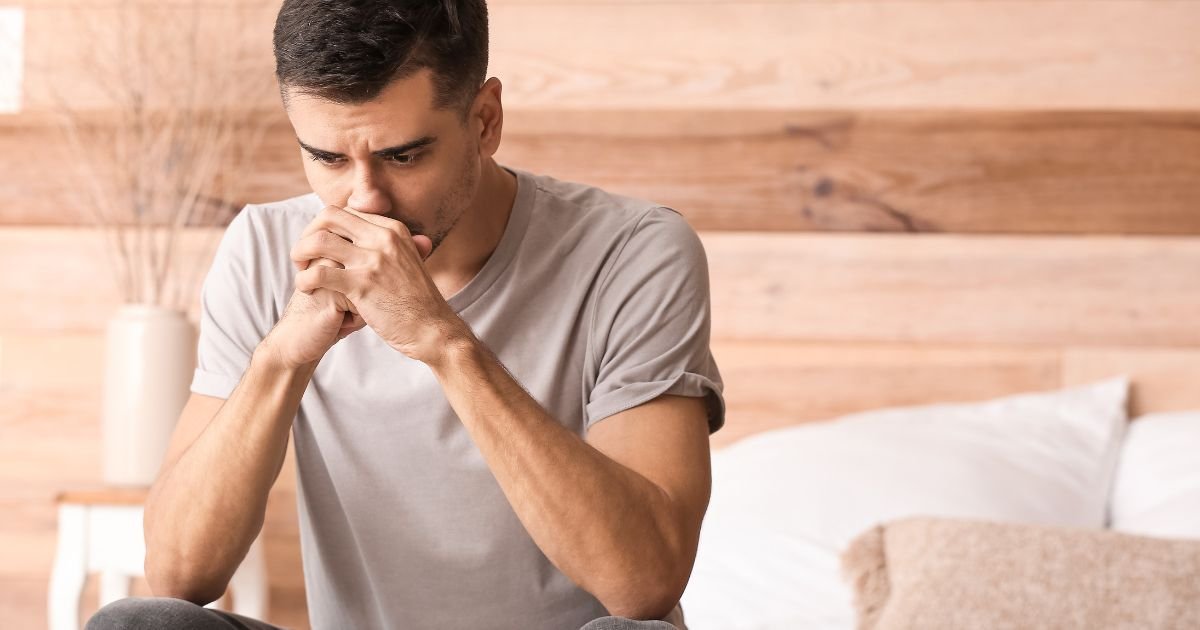Emotional Dependence is Common Among Gay Men. But Why?
It is well-known that emotional dependency on a person can harm a relationship. But what is the effect of gay men being emotionally dependent? How does it affect their relationships?
Emotional dependency can be defined as an unhealthy reliance on another person for one's happiness and self-worth. It is usually characterized by a fear of abandonment, intense jealousy, and controlling behaviors. The main symptom of emotional dependence in gay men is that they often feel they need to be validated by the other person. This need for validation often results in them being more possessive than what would be considered healthy or appropriate, leading to the potential of a toxic relationship.
Keep reading to find out more.
What is Emotional Dependency
Emotional dependence is a psychological condition where affected people rely too much on another person for happiness. It's normal to feel emotionally reliant on others. However, over-reliance on external emotional validation can lead to co-dependency in relationships, damaging both partners.
Emotional dependence has no gender, gay sexual orientation, and no relationship label. It can happen between heterosexual couples, gay couples, and even in friendships and between family members. Regardless of the person, it's an unhealthy need for certain people's approval, affection, affirmation, and attention, commonly in a couple's life, family, or friendship relationships. There is a dependency on their presence, what they do, what they say, what they feel. And so on.
When these circumstances generate distress, depression, or both, treatment can help relieve symptoms. Still, it is necessary to consider that decreasing emotional dependency in relationships is the beginning of a much deeper process.
Emotional Dependence Symptoms
One of the difficulties of emotional dependence is that people affected by it do not always recognize that they are suffering from it. It's like an alcoholic who refuses to admit that he is dependent on drinking or a substance, Or a gambling addict who does not accept the situation and can never get out of the cycle.
To adopt a more healthy approach to your romantic relationships, one must be aware of the signs or symptoms of emotional dependency in relationships:
Constantly seeking approval of and spending time with the other person.
Unable to make decisions alone. And it's not about being indecisive — rather, self-opinion matters little.
An addiction-like dependency causes the other person to feel invaded or absorbed.
Adopting subordinate positions in relationships can be described as asymmetric.
Having poor self-esteem and a negative self-concept. Idealizing the other person and creating a fanciful version of this person results in continuous and progressive degradation. Self-esteem depends on the attention and approval of the other person.
In general, a self-image that is absorbed in failure and feelings of guilt, minimizing or ignoring your positive traits and strengths.
Anxiety that revolves around an obsessive fear of separation, separation anxiety, or feelings of emotional helplessness and emptiness is more frequent when you are not immersed in close relationships.
Depending on your romantic partner instead of looking outside the relationship. Whether it's a hobby, studies, a career, friends… Everything needs to be done with the other person.
Feeling jealous and possessive of the other person because everything seems threatening. Everything awakens an uncontrollable fear of losing the relationship.
Emotional Dependency vs. Self-Love
Emotional dependence on a person is a spectrum disorder that affects people on different levels and extents. It's difficult to detect because the dependent person doesn't always self-identify as such.
If you're emotionally dependent, it's likely because you've been hurt by someone else. This damages your self-esteem and makes you feel insecure. To heal from these feelings, you must learn to love yourself first.
Emotionally dependent people understand love as attachment, submission, and admiration to the idealized person rather than as a reciprocal and balanced exchange of affection capable of increasing self-esteem and quality of life.
The Role of Family Attachment
It's normal to need support from others when you're going through difficult times. However, some people become so reliant on others that they lose touch with themselves. They rely on others to make them happy instead of taking responsibility for making themselves happy.
Often, this stems from our family relations. Suppose an emotional dependency is one of the challenges in your relationship. In that case, you may have felt that growing up, you constantly feared abandonment, loss, rejection, or worry that someone would stop their love for you. Some gay men recall experiencing separation anxiety from their parents or primary caregivers. They become so reliant on others that they lose touch with themselves. They rely on others to make them happy instead of taking responsibility for making themselves happy.
The Importance of Friendship
If you're feeling lonely, consider reaching out to friends and family. It's okay to ask for help when you need it. However, if you constantly ask people for favors, you might suffer from emotional dependency.
When we have a healthy emotional balance, we seek similar people with whom to establish proportional relationships, but when we are dependent, the opposite happens; we see agency in people who have what we lack, such as self-esteem.
The Need for Emotional Support
Emotionally dependent people often feel ashamed of their feelings and try to hide them. They also tend to avoid conflict because they fear being rejected by others. This leads to isolation and loneliness.
If you identify with any of the above characteristics, seek help from a mental health professional.
Overcoming emotional dependency on a person is possible. It does not necessarily mean separating yourself from the other person. Instead, it is about looking at yourself and establishing emotional health from within, as well as a healthier version of the relationship with your partner.
For example, consider what you are trying to fill yourself with the other person.





